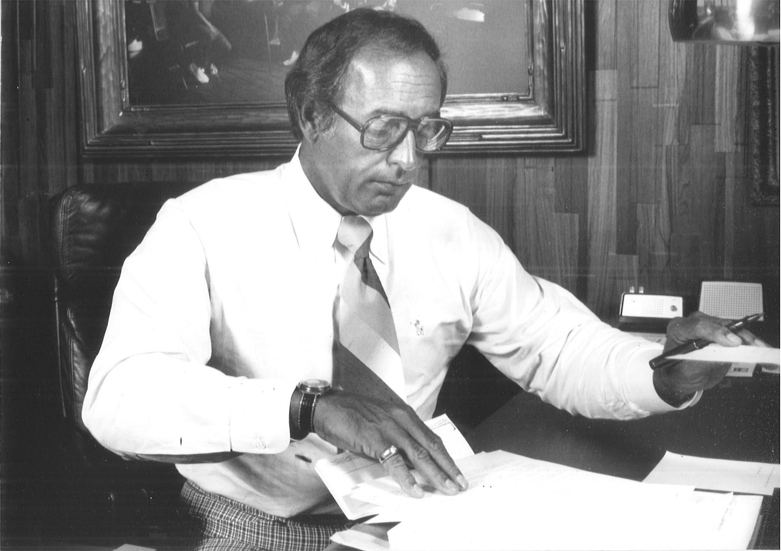This Friday, the German company that invented the drug Thalidomide — a drug sold in the 1950s as a cure for morning sickness — issued its first apology in 50 years to the thousands of people born with disabilities after their mothers took the drug.
By the time the drug was pulled from the market, more than 10,000 babies worldwide had been born with a range of disabilities caused by the drug. This included shortened arms and legs, blindness, deafness, heart problems and brain damage, most victims being in Europe, Australia, Canada and Japan. Thalidomide was never approved for use in pregnant women in the US.
“We ask for forgiveness that for nearly 50 years we didn’t find a way of reaching out to you from human being to human being,” said Harald Stock, chief executive of Grunenthal Group, “We ask that you regard our long silence as a sign of the shock that your fate caused in us.” The apology was given after an unveiling of a commemorative bronze statue of a limbless child dedicated to Thalidomide victims.
Grunenthal has said that it has paid roughly 500 million euros to victims by 2010. Still, victims say that the apology is not enough. Worldwide there are between 5,000 and 6,000 sufferers still alive — and for every Thalidomide baby that lived there were 10 that died.
Oneis Berrisford Boothe, 51, an associate professor of art at Lehigh University in Bethlehem, Pa., was born with severe disabilities in both hands and one arm, and described his life as a “long and isolated journey.”
In commenting on the apology, Boothe said that now Grunenthal, shaken from a half century of denial by a class-action lawsuit in Australia, has made “some kind of statement that they are emotionally connected to our suffering.
They’ve had 50 years to make billions of dollars while we struggled and our parents committed suicide. And now, they’re apologizing for not saying anything. How dare they do that and think it’s going to be enough?”
Mr. Stock said the company did indeed carry out all the tests on thalidomide before it was marketed that were possible given the scientific knowledge available in the 1950s. Yet, the storm of protest that the apology provoked from Thalidomide victims and groups that represent them suggest that Grunenthal has only minimally worked to soften the resentment and hurt that has accumulated over the decades of campaigning for a full acknowledgment of thalidomide’s harm, and for more generous compensation.
“It is over 50 years on since the thalidomide tragedy — why now?” said Freddie Astbury, chief consultant at Thalidomide U.K. Agency, which represents people in Britain.
Mr. Astbury, 53, was born with no arms and no legs. He stipulated that one reason for Mr. Stock’s speech was the recent greater global awareness of issues affecting the disabled, perhaps manifested by the success of the Paralympic Games in London.
He also suggested the speech was a reaction to an Australian lawsuit, which legal experts say can result in new compensation awards for thalidomide victims running into tens of millions of dollars.
“We are glad the apology has been made,” he said. “But when you are disabled, it costs a lot of money. We are in our fifties, we need care. We need adaptations in our houses and cars, for starters. So if they’re serious, let’s get around the table and talk financial help. We didn’t ask to be born this way.”
Canadian Thalidomide survivor Paul Murphy called the apology a “good joke” and an “insult.”
“To apologize for something is one thing,” Murphy said in an interview with CBC News on Saturday. “To accept responsibility to those who need it is another.”







